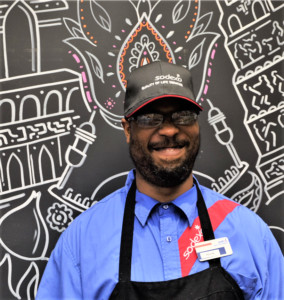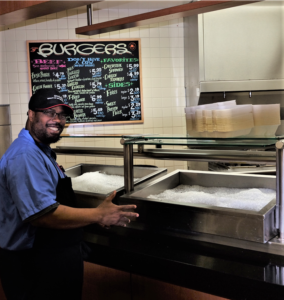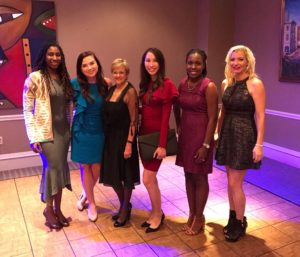Five Reasons Why SLI Is the Best Place to Be This Summer!
Have you registered yet for this year’s Summer Leadership Institute? If not, now is your last chance to take advantage of our lower rate! Registration will increase after Monday, July 8. Need more convincing? Check out our top five reasons to attend!
1. Location, location, location.
Historic Charleston is bursting with Southern charm and hospitality. Take in incredible views of the Battery and the French Quarter as you stroll Waterfront Park, and visit the many culinary jewels that make Charleston consistently rated as one of the best cities in which to eat in the south. At night, try a ghost tour for an introduction to the spooky side of the city. If you venture off the peninsula, historic plantations and nearby beaches await!
2. Red hot schedule.
Charleston can be hot during the summer, but it’s nothing compared to this year’s program! Attend sizzling breakout sessions on current hot topics, engaging plenary sessions, and networking opportunities to connect with other professionals in the I/DD sector looking to share their expertise and knowledge with you.
3. Buddy program.
SLI is exciting, invigorating, and inspiring, but it can also be overwhelming your first time. With the buddy system, veteran attendees help first-timers prepare for the event, advising them on the best sessions to attend and how to make the most out of the networking events. An opportunity to make professional and personal connections with like-minded peers and professional leaders in an intimate setting designed to incite meaningful networking has never been better with a buddy on your side. Learn more and sign up here.
4. Become an expert.
Become an expert by sharpening your skills with powerful content specific to your area of practice.
5. A swanky evening event.
Take in the beautiful views of downtown Charleston from the water! Join your fellow professionals for a four-course meal and dancing while cruising the Charleston harbor. This is an event you don’t want to miss!
Are you convinced and ready to learn more? Check out the full program to see what else SLI has to offer. Register today before rates rise!


 Kevin will be the first to tell you that he is a people person — and it is easy to see why. His sense of humor, high energy, and positivity are hard to miss in National Geographic’s Food Court, where he works both in the front and the back of the house to ensure that the center’s employees are well taken care of during their lunch breaks.
Kevin will be the first to tell you that he is a people person — and it is easy to see why. His sense of humor, high energy, and positivity are hard to miss in National Geographic’s Food Court, where he works both in the front and the back of the house to ensure that the center’s employees are well taken care of during their lunch breaks.







